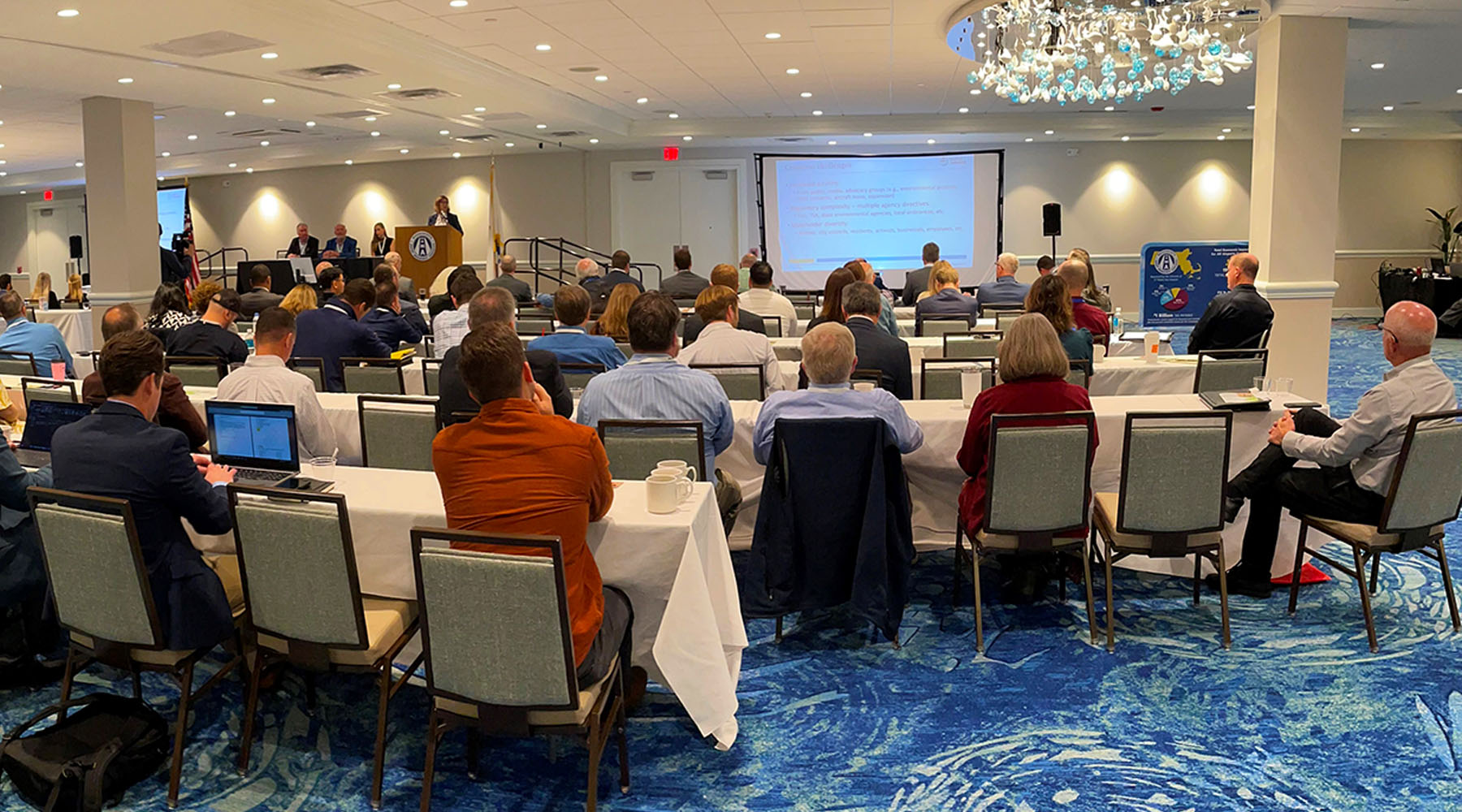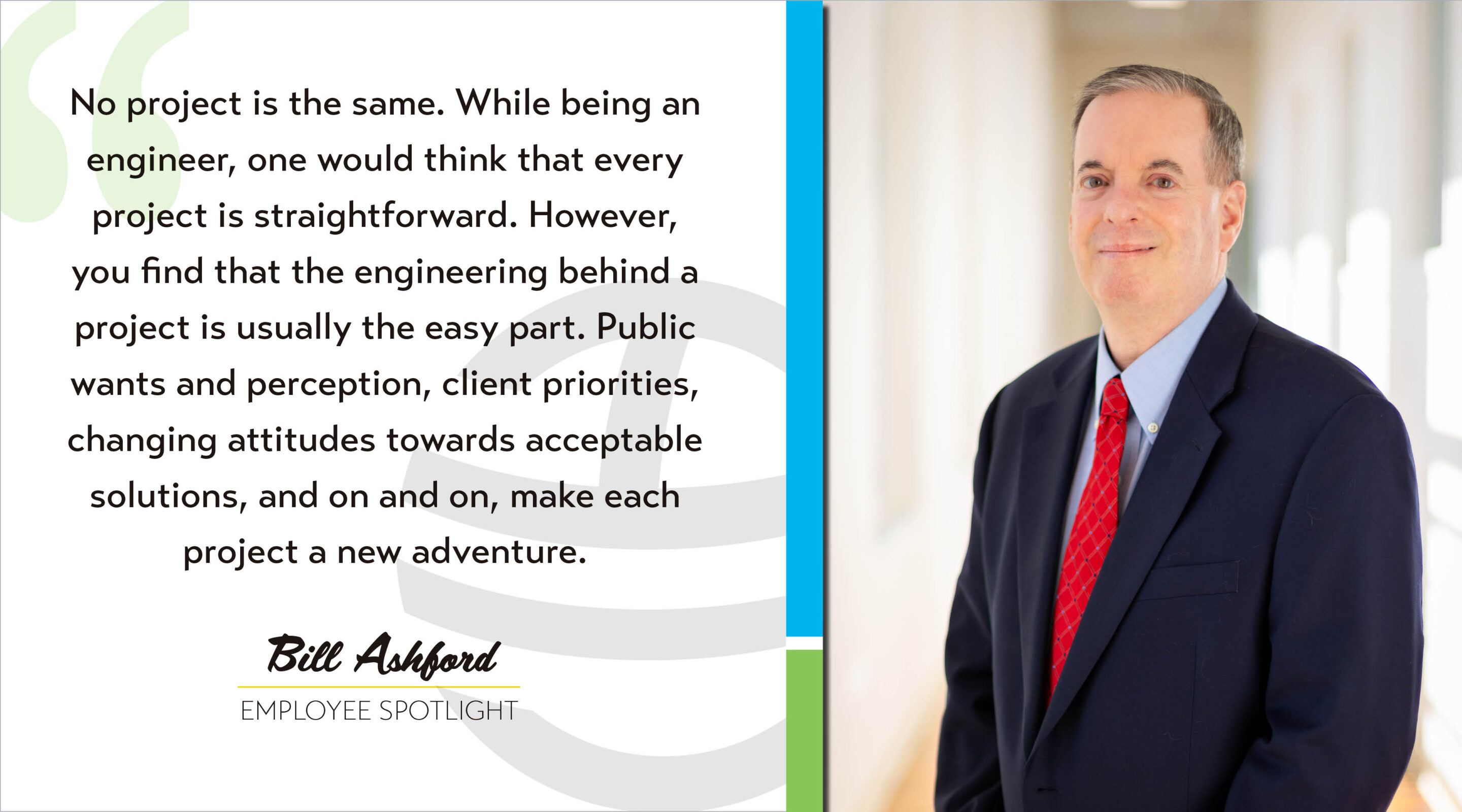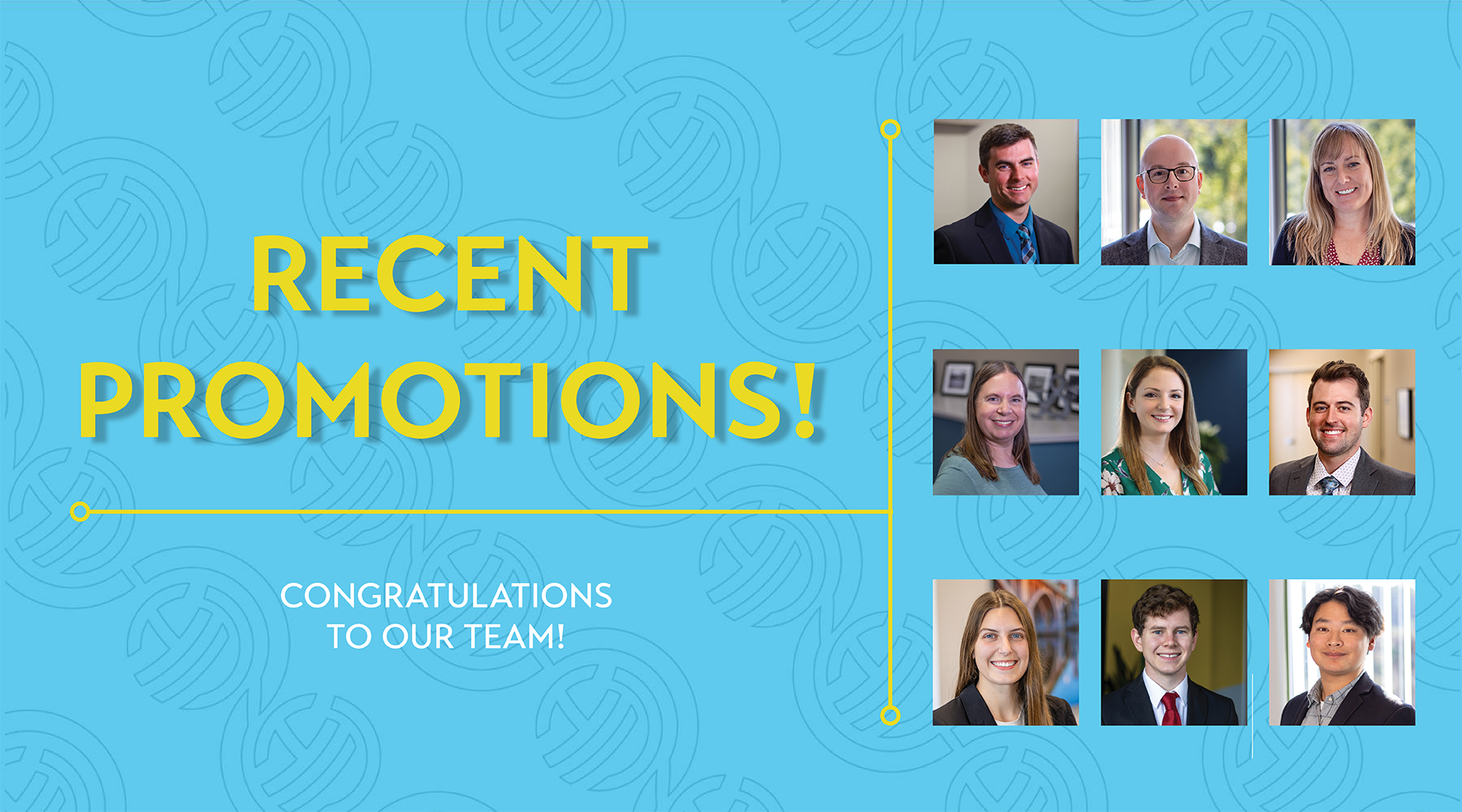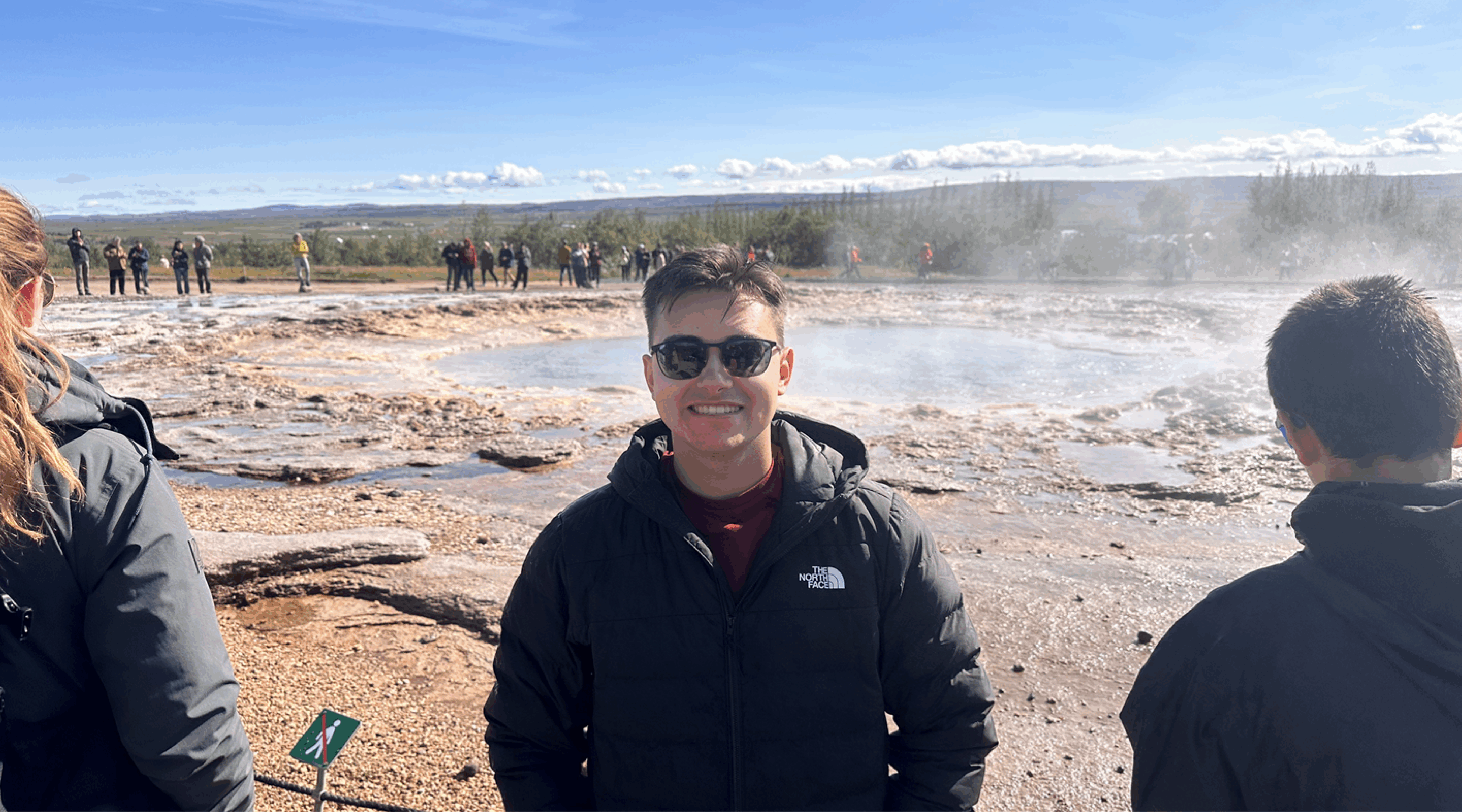If you type “how to write a resume” into Google you are going to come up with thousands of results with varying and sometimes conflicting advice. That’s because there is no perfect way to write a resume. In fact, many experts recommend you steer clear from resume generating sites or cookie cutter formats all together. Resumes are unique and what you should and should not include varies based on several factors including industry, personal experience, profession and qualifications.
A good resume will get your foot in the door while a bad one may ruin your chances of landing the job from the start. There is no doubt that writing a resume can be a very daunting task and there really is no “right answer” in how you should do it. However, there are generally accepted guidelines that you can trust to help you along the way. We want you to be as successful as possible so before sitting down and updating your resume, take a minute to review these tips:
Spelling & Grammar: Missing typos or using bad grammar is the single easiest way to get your resume thrown out. Despite industry affiliation, most employers demand strong written communication skills in their new hires. To ensure your resume is free of any spelling and grammar mistakes, make sure you review it several times on several different occasions. Sometimes all you need is a pair of fresh eyes to catch a mistake you didn’t see before. In addition, have a friend or family member review it as well; the more people who review your resume, the less likely a simple error will go unnoticed and cost you your shot at landing an interview. For more advice, check out this list of top 5 grammar mistakes people tend to make on their resumes.
One size DOES NOT fit all: Sending out the same resume for every job that you apply for is not going to do you any favors and will most likely hurt your chances in the long run. Every job is different and every employer is looking for something different, so why would you give them all the same resume? You should customize your resume for each job you apply for. Although it may seem tedious and time consuming, you are increasing your chances of grabbing a hiring manager’s attention. If you’re not willing to tailor your resume to the job description, the employer has no reason to think that you are serious about the job opportunity and will not find it worth their while to call you in for an interview. Take your time to be thorough, research the company you are applying to work for, and tailor your resume to the job description. We promise the extra effort will pay off.
The key is in the keywords: With today’s advanced technology, most resumes are screened electronically before landing on an employer’s desk. Large companies in particular use computer technology that will search for keywords, keeping the resumes with them for review by a manager and discarding the rest. With that being said, you could have the best resume in the world but if it lacks the specific keywords the computer is looking for, your application won’t even make it into the hands of your potential employer. Although there is not a specific list of keywords to include on your resume, you can make a pretty good guess as to what they might be by carefully reading and analyzing the job description. For more information on how to identify and utilize key words on a resume click here.
Design for “Skimmability”: Most employers decide within a few seconds whether a resume is worth a full read or not, so you need to make sure yours is clean, consistent and easily readable. You do not want to distract the employer from reading what’s really important (your skills and experiences). Choose a modern classic font and stick with it. Make sure the margins are even and that the layout is navigable. You should avoid writing in paragraphs and instead present all of your information in clear and concise bullet points. A hiring manager is not going to work to find the information they need, so if it doesn’t stand out to them at the very beginning, the higher the chances are that your resume will end up in the reject pile. Sometimes people create flashy resumes that are designed to get the attention of an employer; this might be a good idea if you are pursuing a profession in a creative industry like design, but otherwise it is best to avoid using this tactic because it is risky and could be potentially distracting or unwanted to an employer.
Find a balance: A resume is about marketing yourself to an employer by telling a story about how and why your professional career up until this point has prepared you for the job. Often times people get caught up in trying to squeeze every experience right down to the first job they had in high school onto their resume. Although that job might be important to you, it may no longer be relevant. When it comes to writing a resume, it really is quality over quantity. Be specific and tell the employer your experiences that are both relevant and applicable to your ability to be successful in the position you are applying for. The standard rule of thumb is to keep your resume to a page in length. If you truly have enough relevant and important experience training and credentials, then it is okay to add a second page.
Accomplishments over responsibilities:
When listing your job experiences, it’s easy to get caught up in listing your job duties and responsibilities. An employer does not care so much about what you did while at your past job but instead is interested in what you accomplished. For example, did you drive sales up by 5%? Were you responsible for landing a new client? These are things you should take note of on your resume. A good way to do this is to include as many quantifiable facts and figures on your resume as possible, allowing potential employers to better visualize your capabilities and the positive contributions you’ve made working for past employers.
It’s easy to get caught up in the “do’s” and “don’ts” of resume writing. There is so much out there to consider that it’s easy to get lost in all of the technicalities. Before you go rewrite every line of your resume, we would like to remind you that it’s important you don’t edit your resume so much that it loses personality. At the end of the day, your resume is your introduction to your potential employer. Let them get to know you, but at the same time be honest, be concise and be relevant.
Written by Grace Mulleavey










